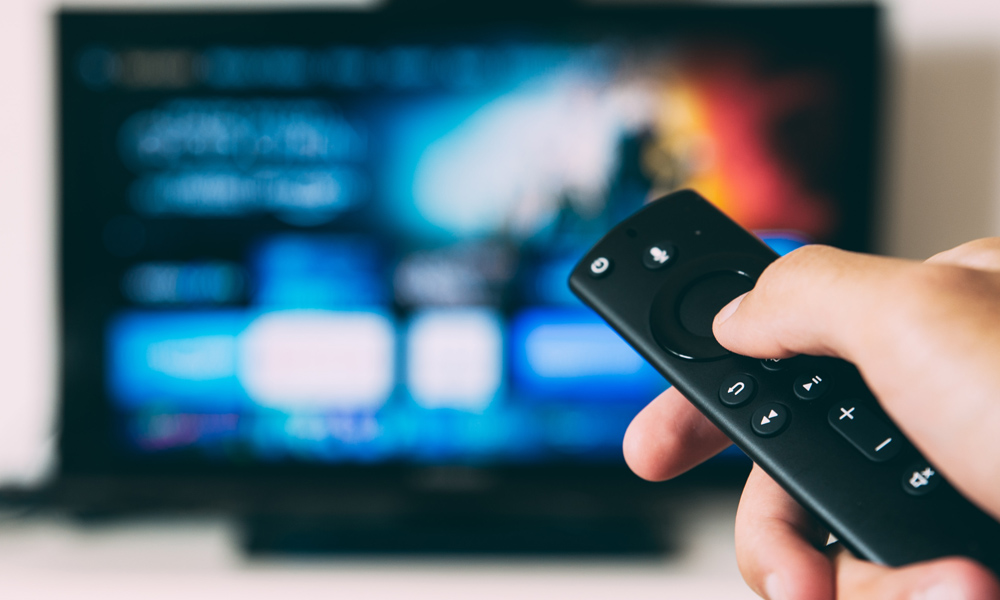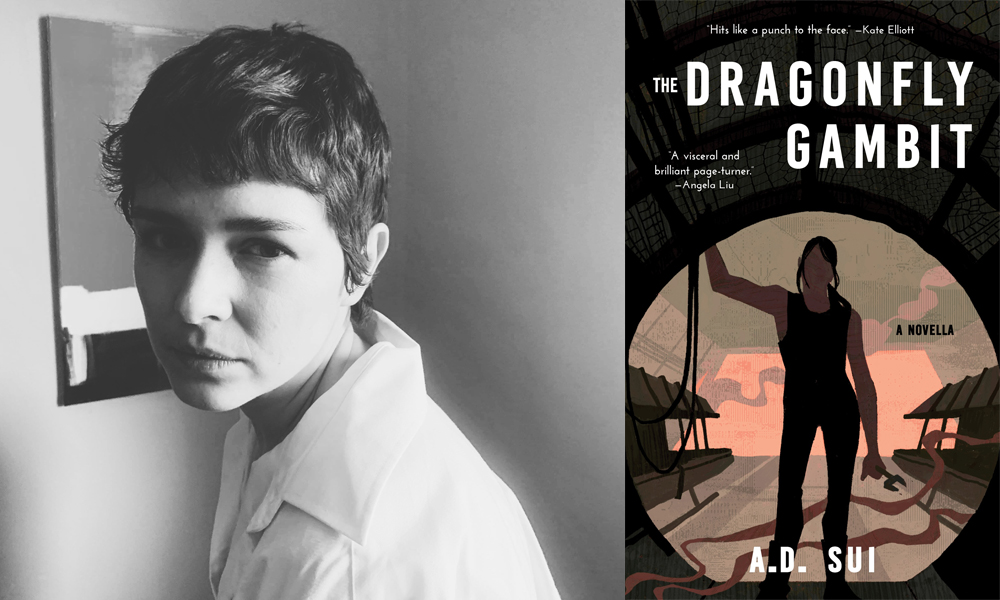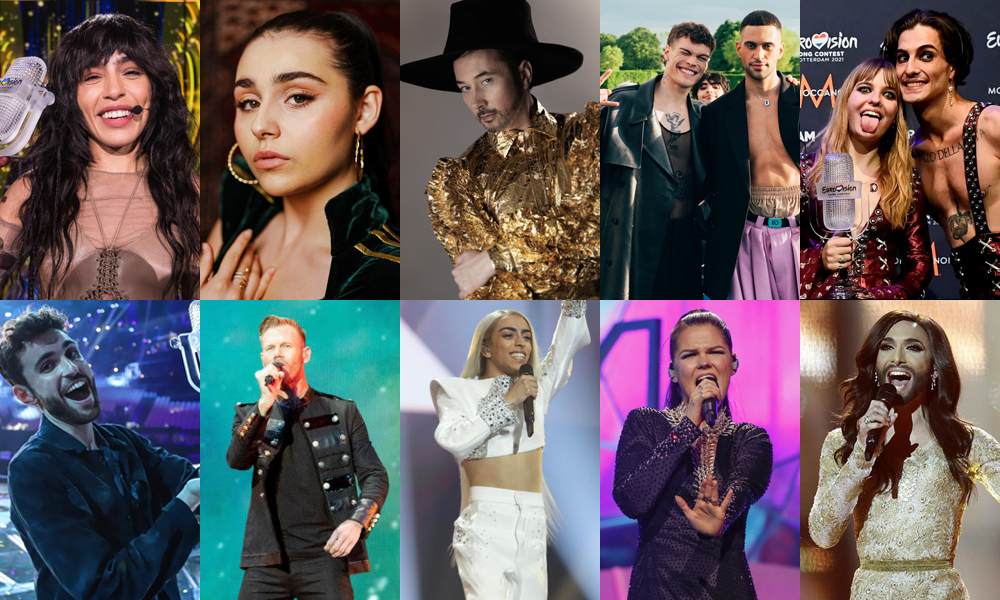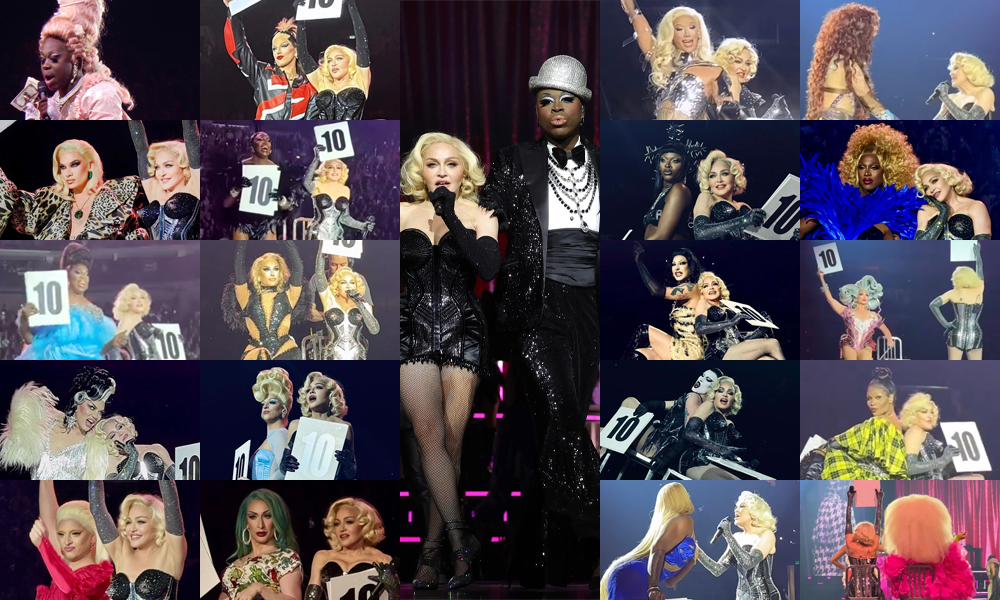Representation isn’t reparations, no matter how badly television networks and movie studios try to convince you it is…
By Jesse Boland
As someone living in California, where seasonal weather is not a thing, I often measure the passage of time by the quarterly announcements of which television shows have been cancelled in that period. These are often delivered to me via queer media publications that I follow, which lament the loss of yet another show highlighting LGBTQ+ representation, even though they never posted about it prior to its cancellation. While this influx of queer projects failing may seem like an indication of the general public’s homophobic disdain towards the presence of queerness in film and television – which is not entirely untrue – there does need to be some accountability taken by the studios and creators who are failing to give their audiences what they want.
Simply put, the vast majority of queer content creators market their entire project on offering one thing alone: representation. While once considered an integral part of humanizing queer people in the eyes of the world, Hollywood attempts at queer visibility have become as patronizingly mundane as holding your cat in front of the mirror and telling them, “That’s you!”
When we talk about the epidemic of queer film and television failures, one question I often ponder (with never a solid answer) is, What actually makes a project a queer project? The GLAAD awards determine which nominees will be up for consideration based on the qualitative criteria that the nominees must perpetuate “Fair, Accurate and Inclusive Representations” of the LGBT community, “Boldness and Originality” of the project, significant “Cultural Impact” on mainstream culture and “Overall Quality.” Yet that leaves plenty of room for ambiguity as to what makes a project queer in itself. Is it determined by whether the characters are queer or whether the actors playing them are queer? Is any film directed by Greg Berlanti inherently considered queer simply because he himself is gay? Should Brokeback Mountain not fall under the canon of queer cinema because everyone involved in its making was straight? Is it a quantitative matter, where queerness is determined by the number of queer characters (such as the Gossip Girl reboot), or is it more qualitative, where the overall tone of the show feels more gay focused even though only one character is gay (like on The Other Two)? Determining how you assess the subjective queerness of a project, it can be argued that queer content is either on the decline or an incline of commercial and critical success, based on what fits the criteria.
With that logic, how do we determine if we are actually being represented or not?
Aside from its murky ambivalence, the issue with queer representation is that it sets itself up for failure by overselling an impossible promise. Simply put, the notion of representing queerness suggests presenting people of every imaginable gender variation and sexual orientation within the spectrum before even considering their intersections of race, age, body type and class – a simply impossible task for any project. It can feel at times extremely patronizing when a show is marketed as LGBTQ+ despite being visibly centred on gay men alone, dismissing the other letters of the alphabet. While anyone of sound reasoning would recognize that you can’t represent everyone in one film or show, we do also live in an age where you could innocently tweet, “Taking my dog for a walk! 😊” and an alumni of the Jameela Jamil School of Self-Righteous Virtue Signal Posting would reply, “Some of us are actually immunocompromised and can’t go near dogs let alone go for walks during the day because the sensory overload would trigger our ADHD. But #blm right?” with zero irony. Now imagine how deranged these people would get when a movie studio promises to bring queer stories to the forefront of cinema and the story in question ends up being two characters played by Matt Rogers and Jonathan Bailey discussing fleeting while attending a drag brunch in WeHo.
It’s a preposterous notion that literally every aspect of shared thought has to be reflective of the lived experience of you – the main character of reality, after all – but when the entire marketing of a film’s press is the promise of visibility and inclusion, the once trite damnation of “well, I personally don’t feel seen” actually does serve as a valid critique.
Even when a film or show does tackle the tricky issue of diversity with overall success without feeling like it’s meeting a tokenized quota, is that in itself a good enough reason for people to watch it? While Peacock’s Queer as Folk reboot did a surprisingly good job portraying a magnitude of characters of differing sexualities, genders, races and body types – and, more impressively, did so in an organic way – its focus on this as opposed to its clever writing and daring visual direction failed to capture viewer interest, and it was cancelled after one season. Similarly, while receiving positive reviews from both critics and viewers, Bros was a notorious box office bomb, pulling in only US$14.8 million worldwide against a budget of $22 million, despite months of substantial promotional press and marketing. It was, ironically, in large part the bombardment of promotional press by the film’s writer and star, Billy Eichner, that dissuaded largely queer audiences from watching it. Despite the film’s impressive mission of casting an entirely queer cast for even its straight roles, the sensationalized insistence of its historic impact felt aggrandizing given that the film itself was essentially just Trainwreck on PrEP.
Conversely, just three months prior to Bros’ release came the delightfully enjoyable gay romcom Fire Island, which was noticeably better embraced by gay audiences than the former. Despite being similar in tone, story and authentic queer diversity as Bros, Fire Island succeeded in connecting with its audience due to its emphasis on its cast’s organic chemistry, the simple yet enjoyable storyline, humble promotion, and overall charming likeability of its star and writer, Joel Kim Booster – the last element that Bros was desperately lacking. When you market your film as being a silly, fun, relaxing watch instead of implying it’s a vote on whether or not gay people should have human rights, it leads to a much more enjoyable viewing experience. Who would have thought?
What often leaves the studio executives responsible for these LGBTQ+-focused creations scratching their heads is seeing that the main people bashing these failed projects are queer people themselves. Simply put, people don’t like being told what to do, so when they are pressured to watch a movie out of moral obligation, pushback is to be expected. Listen, no one spends more time consuming media than gay people, and as a result we tend to pick up media manipulation patterns pretty quickly.
Younger people have quickly noticed a very niched style of screenwriting wherein socially conscious dialogue is specifically designed to be screenshot and passed around by the show’s official Twitter account for woke points – and, frankly, it’s exhausting to watch for pleasure. The concept of “representation” is for the most part largely a marketing scheme designed to take people’s money under the guise of social activism, when in reality we all know that behind ever marginalized face on screen is a baker’s dozen of cishet, white male producers, casting directors and network executives who are funding their greed off of exploitative identity politics. Representation is a great first step towards social innovation, but without further action, we are stuck in a marathon of first steps with no desire to expand our contributions.
Ultimately, there will never truly be proper representation of queerness in film and television, because queerness itself can never fully be compartmentalized. I mean, for fuck’s sake, we’re the community that has to update our own flag every five years because we keep discovering new ways to express ourselves. But that’s somewhat the fun of queerness, never truly being understood by the outside world, which may often use their newfound understanding of our cultures with bad intentions. Netflix originals shouldn’t be how straight people learn to humanize us, and it certainly shouldn’t be how we learn to humanize ourselves. Representation isn’t reparations, no matter how badly television networks and movie studios try to convince you it is…between sponsored advertisements.
JESSE BOLAND is that gay kid in class who your English teacher always believed in. He’s a graduate of English at Ryerson University (now Toronto Metropolitan University) who has a passion for giving a voice to people who don’t have data on their phones and who chases his dreams by foot because he never got his driver’s licence.







POST A COMMENT